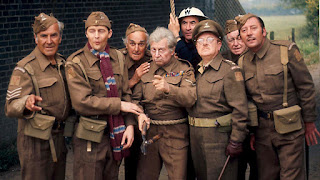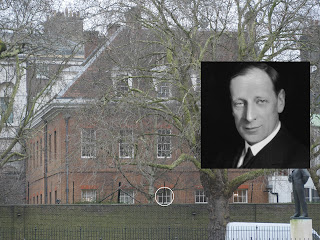Posts
Showing posts from May, 2020
Eighty years ago, the move of a fighting general to home command and a sweep of potential Quislings point to fear of an imminent invasion
- Get link
- Other Apps
Eighty years ago, a desperate situation calls for great situation comedy
- Get link
- Other Apps
Eighty years ago, a dismal era of British government comes to an inglorious end
- Get link
- Other Apps
Eighty years ago, Chamberlain is finally held to account for his dismal record
- Get link
- Other Apps



